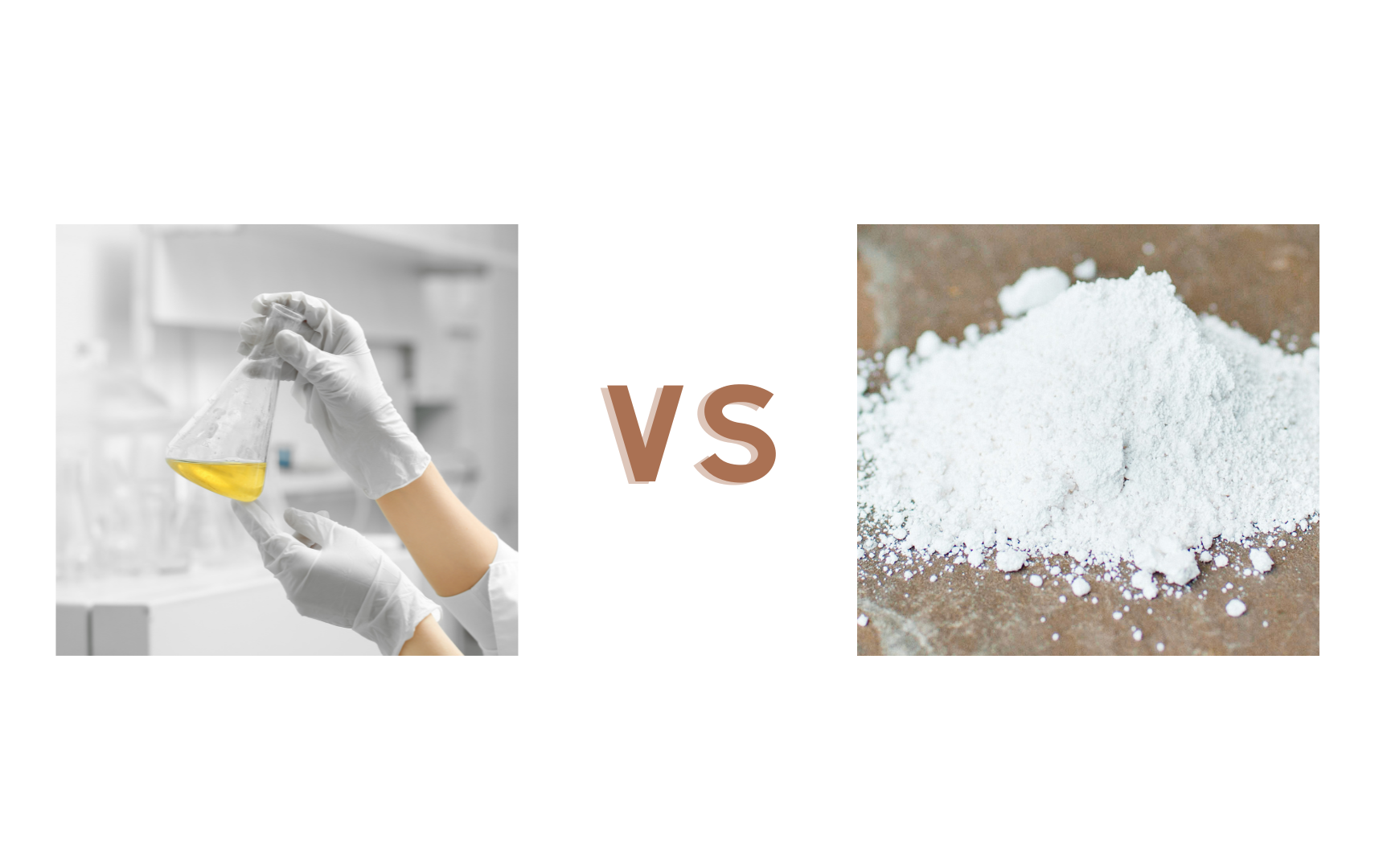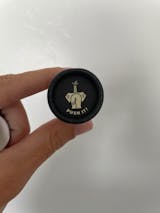Chemical vs Mineral Sunscreen
Sunscreen is a crucial part of our daily routine, especially during the summer months when the sun's rays are stronger and more harmful. With so many options on the market, it’s helpful to know a few things before you decide which one is best for you. The first and probably the most important decision you’ll have to make when selecting a sunscreen is choosing between chemical and mineral options. In this blog, we'll explore the differences between the two and why one type of sunscreen might be a much better choice!
Chemical Sunscreen
Chemical sunscreen contains a combination of ingredients, including oxybenzone, avobenzone, octisalate, and homosalate. Chemical sunscreens are products that use these synthetic compounds to absorb UV rays. These ingredients work by absorbing the sun's rays, converting them into heat, and releasing them from the skin. While chemical sunscreen may be effective in protecting the skin from sun damage, research has shown that chemical sunscreens have been linked to a range of health concerns and are not only harmful for our health, but also, the environment. Chemicals such as oxybenzone, octinoxate, and avobenzone have been shown to disrupt hormones and mimic estrogen in the body. These chemicals have also been linked to reproductive issues, allergic reactions, irritation and even cancer!
Another concern is the potential for some of these ingredients to be absorbed into the bloodstream. Recent studies have found that certain chemicals commonly found in chemical sunscreen can be detected in the blood after use. While the long-term effects of this are still unknown, it's important to be cautious when choosing a sunscreen
Chemical sunscreens also have a negative impact on the environment. Studies have shown that these chemicals can harm marine ecosystems and contribute to coral bleaching. Chemical sunscreens can also accumulate in aquatic organisms, which can lead to reproductive and developmental problems, as well as harm to other species that feed on these organisms. In addition, the manufacturing and disposal of chemical sunscreens can lead to environmental pollution and waste.
Mineral Sunscreen
Now let’s talk about mineral based sunscreen. Mineral sunscreen, also known as physical or natural sunscreen, contains active mineral ingredients such as zinc oxide and titanium dioxide. These ingredients create a physical barrier on the skin's surface, reflecting and scattering the sun's rays away from the skin. Mineral sunscreen is considered to be the best choice overall when it comes to your health, your skin, and also, a much safer option for the environment.
Mineral sunscreens work by physically blocking the sun's rays with ingredients like zinc oxide and titanium dioxide. Unlike chemical sunscreens, which absorb UV rays and can potentially interact with our bodies' hormones, mineral sunscreens are not absorbed into the skin and do not pose the same health risks. In fact, many mineral sunscreens are hypoallergenic and gentle on sensitive skin, making them a better choice for people with allergies or skin sensitivities.
Another reason why mineral sunscreens are preferred is that they are generally considered to be a better investment in the long run. While some may be more expensive upfront than chemical sunscreens, they typically last longer and require less frequent reapplication.
Additionally, by choosing a mineral sunscreen, you can help support companies that prioritize sustainability and eco-friendliness. Avoid contributing to the harmful impacts of chemical sunscreens on the environment. The minerals found in mineral sunscreens do not absorb into the skin and do not pose a threat to marine life. As an added bonus, mineral sunscreens often come in eco-friendly and sustainable packaging, further reducing their impact on the environment.
Ok we know we are a little bit biased but... overall, mineral sunscreen is a safer and more environmentally friendly option for protecting your skin from the sun. By choosing a mineral sunscreen, you can help reduce your exposure to harmful chemicals, protect your skin more effectively, and make a more sustainable choice for yourself and the planet.






